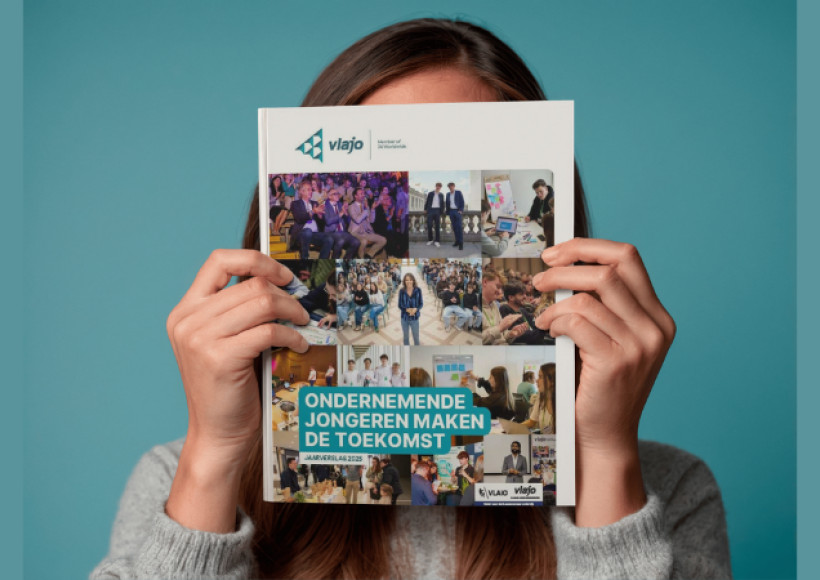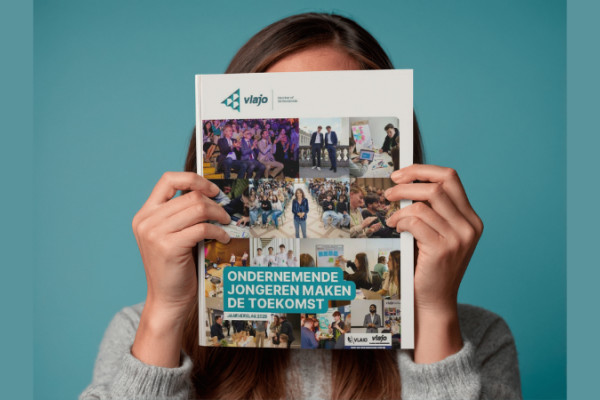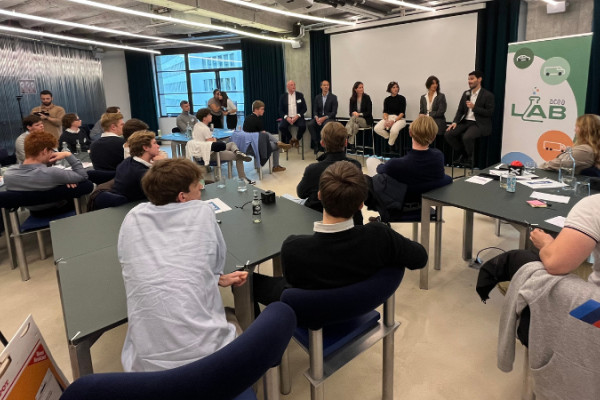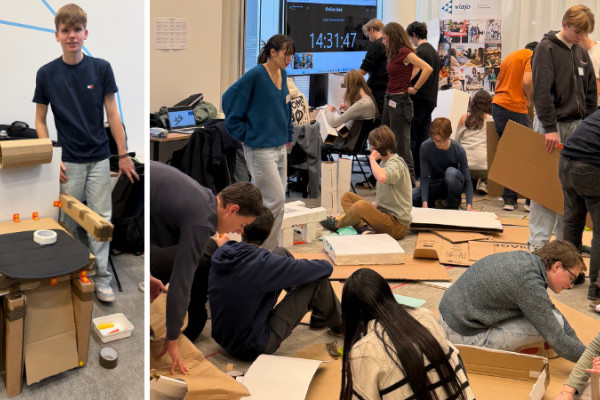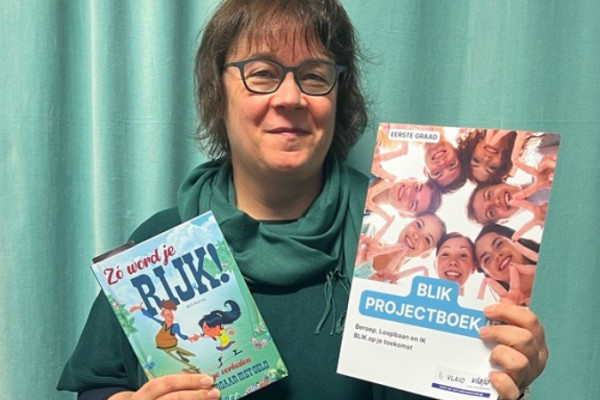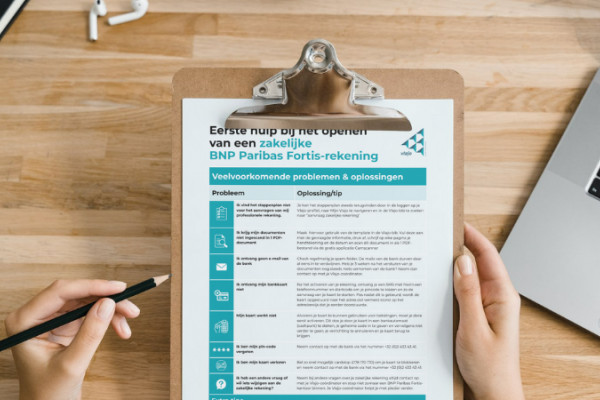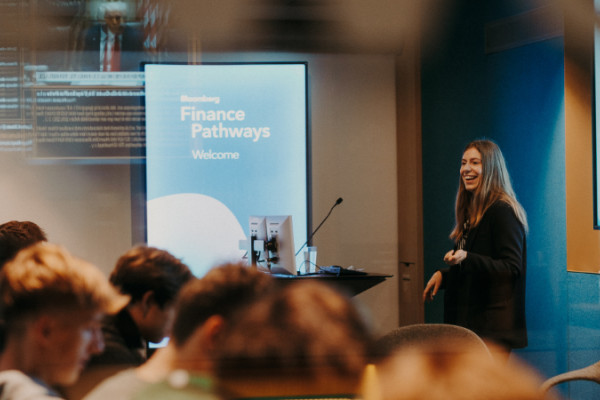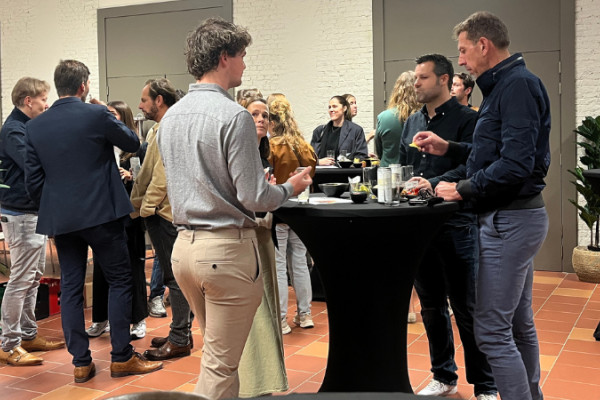Nieuws & ondernemende inzichten
Altijd mee met de laatste ondernemende nieuwigheden
Laden...
-

Future Mobility Forum: Drive Ideas, Shape Tomorrow
23 dagen geleden in Activiteiten, Nieuws -

Jong talent werkt aan de luchtvaart van morgen tijdens Future of Aviation Bootcamp
29 dagen geleden in Activiteiten, Nieuws, Pers -

Grenzeloos ondernemen: dit zijn de Europese verkoopdagen 2025-2026
29 dagen geleden in Activiteiten, Nieuws -

Vlajo inspireert mee jongeren in gloednieuw boek “Zo word je rijk” van uitgeverij Van Driel
29 dagen geleden in Nieuws -

5 tips van BNP Paribas Fortis Expert Els voor een succesvol jongerenbedrijf
29 dagen geleden in Blog
